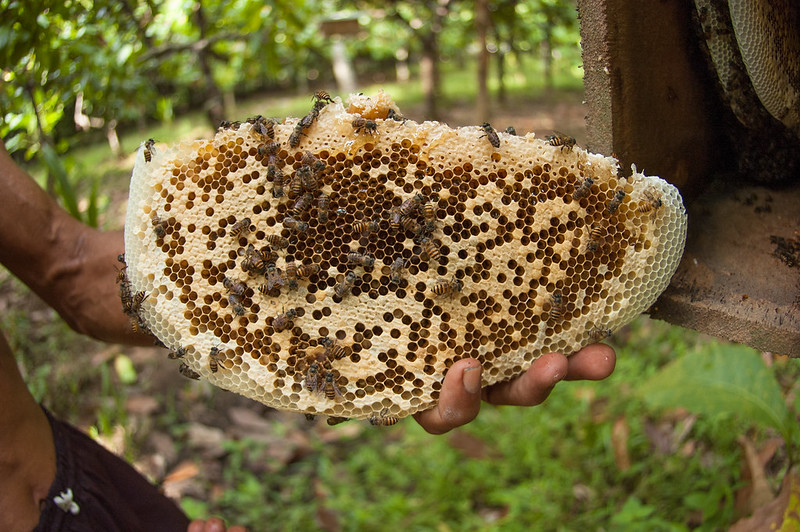A wildlife consumption ban, which China enacted in February as a response to the COVID-19 pandemic, has been welcomed by most conservationists as a step towards avoiding a future outbreak of zoonotic diseases. However, there are dissenting voices against this ban, arguing that wildlife generates multiple benefits for people who co-exist with wild species.
Banning consumption doesn’t only affect consumer health in decreasing the risks of zoonoses. Changing one part of the food system has multiple unintended consequences on all its other parts. In this case, it also impacts all communities living with and through wildlife and nurturing a close relationship with wild animal species. Traditional diets become illegal and constrained to change.
While both schools of thought have their own valid arguments, neither has yet to actively lobby for the free, prior and informed consent or consultation of the people who will be directly affected by conservation decisions related to COVID-19.
Read the full commentary article about this delicate issue, originally published in Nature and written by members of the SIANI Expert Group on Wild Foods, biodiversity and livelihoods to gain insights about how local communities and policy makers can co-design solutions for safe co-habitation spaces for both animals and humans.
